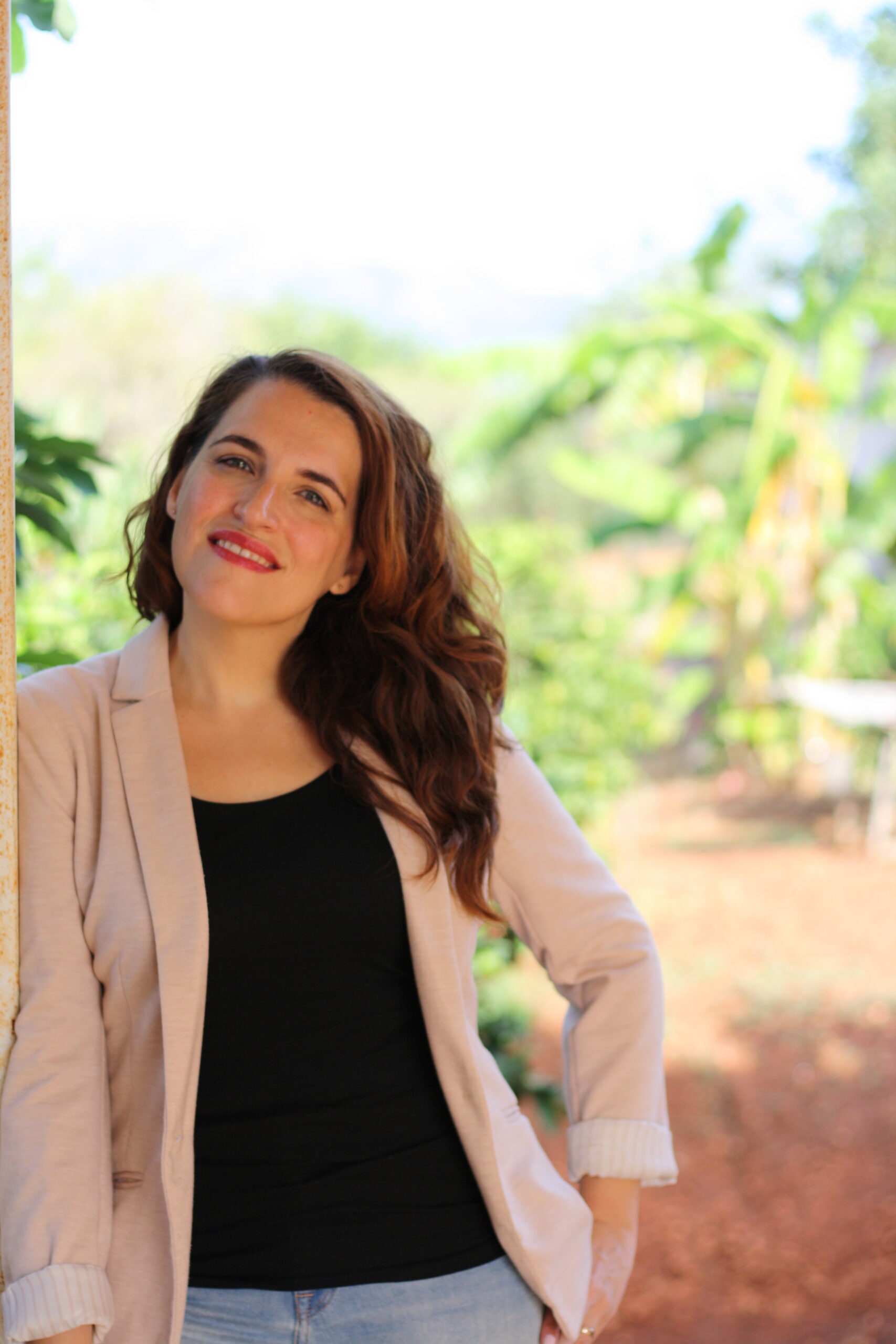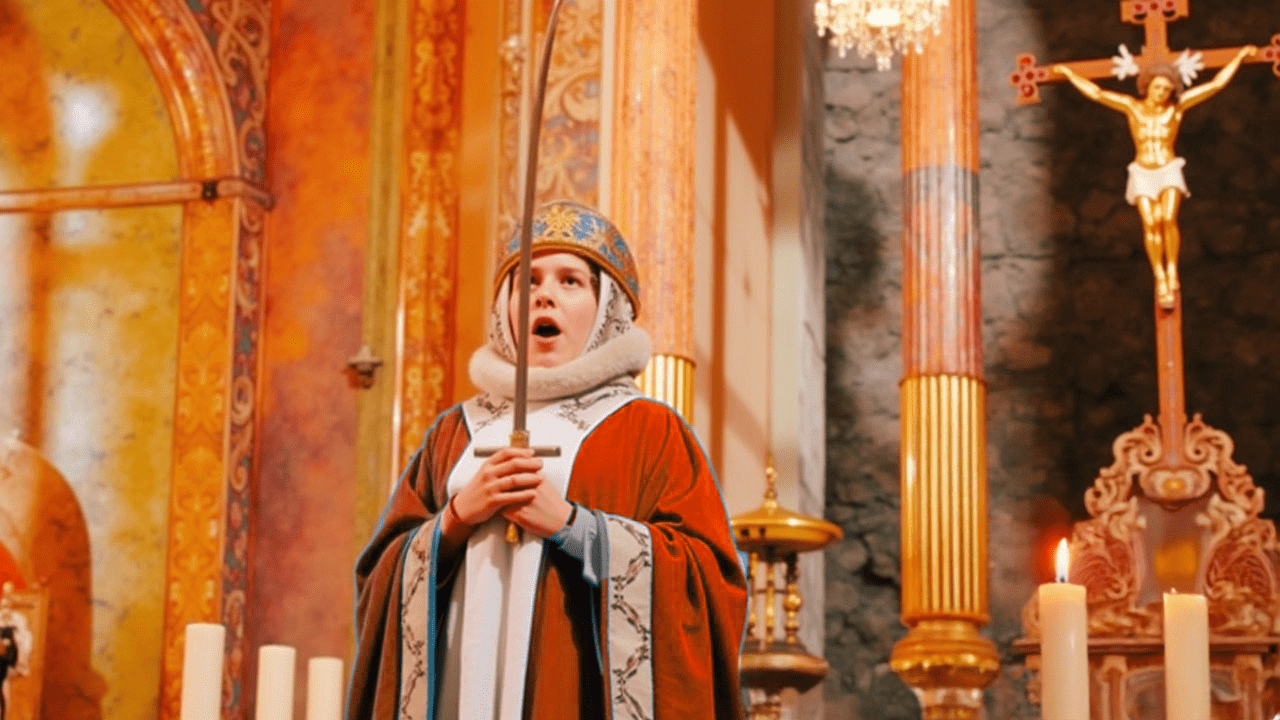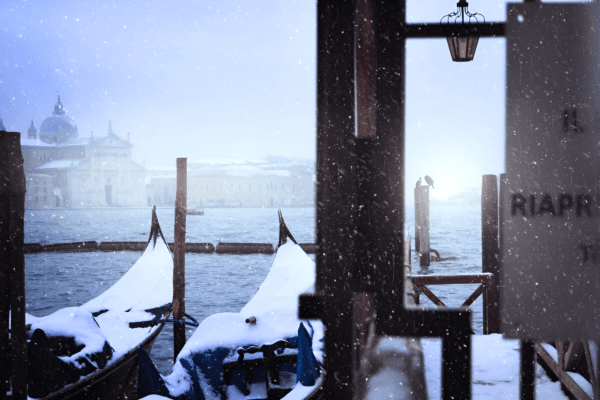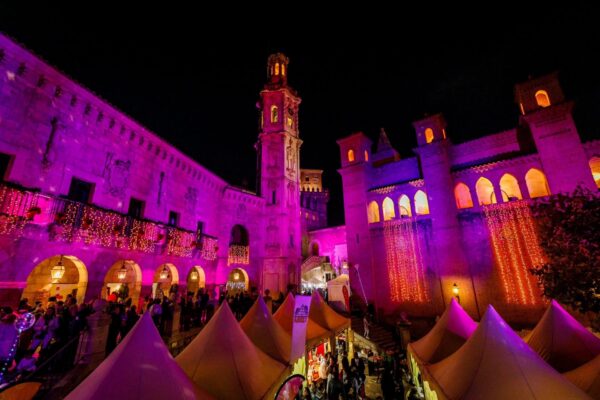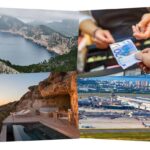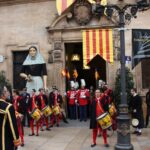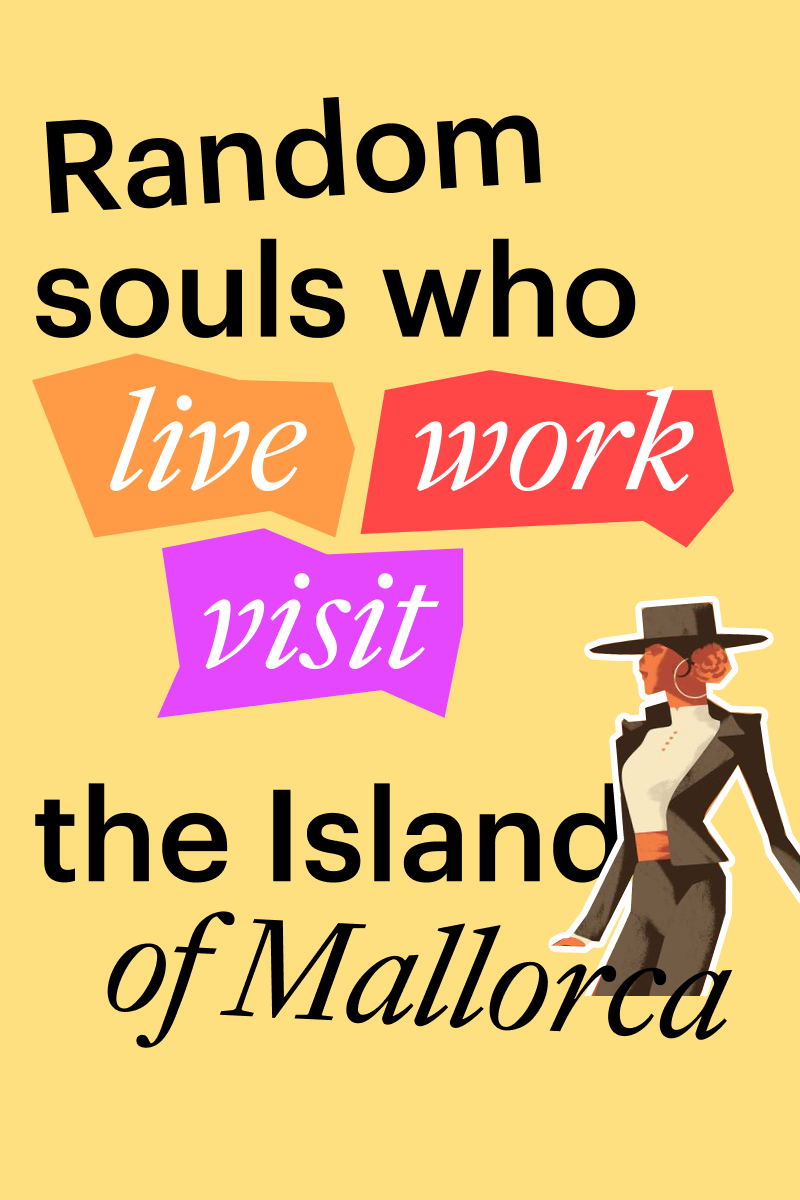Susana Ivorra is not your average psychologist. Known as Mallorca’s very own “love doctor,” Susana blends psychology with philosophy and art to help people navigate the complex world of relationships. From her working-class beginnings in Palma to becoming one of the island’s most sought-after relationship therapists, Susana’s journey is both personal and professional. In this candid interview, she opens up about the unique challenges Mallorcans face, her unconventional approach to therapy, and why love in the 21st century is not always the stuff of fairy tales. Whether diagnosing rare psychological disorders or guiding people through the maze of modern relationships, Susana is always one step ahead — helping her clients find peace, connection, and, perhaps, love.
Where were you born?
I was born in Palma.
Where did you study?
I studied in Palma, Málaga and Valencia.
As a child, what did you want to be when you grew up?
A writer.
Who are your parents?
Pedro and Dolores, who came to the island in the Seventies.
What did they give you in life? What are you grateful for?
They taught me by their example the importance of generosity and friendship. I grew up knowing that friends are family, a safety net that can catch you and sustain you in the darkest moments.
Where do you live now and why do you like this place?
I live in the same neighborhood where I grew up, Son Oliva, and I love it. It’s a warm, working-class neighborhood.
How did you choose your profession?
I hesitated a lot between philosophy and psychology. Finally I chose psychology, although I did manage to find a way to introduce philosophy into my therapy by following a contextual behavioral science approach.
How did you get started? What was your approach?
From the very outset, I understood that, without losing sight of the scientific method in my clinical practice, I could also use art to help my patients understand their problems and the path toward solving them. Books, songs, films… art has its own language that helps us understand the complexity of human beings and their relationships, and I use it to help my patients and whenever I give talks or courses.
What is the most interesting thing about your job?
Getting to hear people’s stories so intimately and knowing that I have been able to accompany them as they walk a difficult part of their life’s journey.
What problems do people come to you with most often?
In recent years, especially, I’ve been meeting people of all genders who want to love, to truly connect, but they only find wounded people afraid to give themselves fully, people incapable of connecting in a deep and solid way. There is a crisis of commitment: we don’t want to miss out on whatever might be around the corner, believing it will be better than what we have now.
What are the specific problems that affect Mallorcans?
The price and availability of housing. Many people come to me. They tell me they want to separate from their partner but simply can’t because they can’t afford decent housing. They ask me to help them go on living with someone they no longer love because they see no other solution.
What is the most unusual problem you have solved?
Diagnosing a very rare disorder in a boy who had already been seen by several professionals who had diagnosed him with other disorders. When he finally came to me, he was exhausted and fed up with psychology. Yet he finally found some peace and, above all, a solution.
Describe your typical day from morning to night.
No day of the week is the same for me, luckily. There are days when I get up, make breakfast, take my little son to school, go to my psychology and couples therapy center very early, and don’t leave until the evening. Other days I work from home with online sessions with people in different cities and countries. Other days after dropping my son off at school I go to a coffee shop to write, then I go to the radio studio, or I record educational videos for my social networks or I meet up with a friend who is also a freelancer. In the afternoon, I might read or go to the movies, or I might stay at home with my husband and children. I love order but without routine.
What was your first professional success?
I remember the first person I helped with relationship problems. I was expecting to work with people with depression, anxiety and other disorders and suddenly I found myself playing, as my friends joked, the role of love doctor. That changed the course of my career.
What challenges have you faced?
I was very young when I started out and had little professional or life experience. Helping people 20 and 30 years older than me with problems that we had not studied in college, life problems, not disorders, made me confront my own shortcomings and I feel that there, once again, literature and cinema helped me to understand and help.
Have you had any major setbacks or traumas in life? How did you overcome these?
When my mother died suddenly, my children were two-months and two- years old. Being so vulnerable for the first time in my life, broken with grief, listening to other people’s pain in therapy, knowing that they were there for me to help them, was very difficult. I think that, as complicated as the situation was, focusing on other people’s problems helped me to get out of my own pain. It was like coming out of the water to breathe.
What conclusions did you draw from this experience?
My friends and partner took care of me and I took care of other people (at work, in my life), like an interconnected network in which I supported myself by supporting others and I was supported by others. I understood that we are a universe.
What are you most proud of?
Of the love that I receive and give every day.
What do you think about the protests against mass tourism in Mallorca?
They are a way of drawing attention to a real problem that we, the people who live in Mallorca, face, whether we were born here or not. A problem that also affects tourists. They are not to blame.
In what ways is Mallorca better than Barcelona or Madrid?
I feel that we are part of a balance. I feel very happy when I am in Barcelona or Madrid, where I have great friends, and I really appreciate what those big cities have to offer. And I feel very happy when I am in Mallorca enjoying the peace and quiet, nature, and the lifestyle we have here.
What plans do you have for this year?
I have a Tedx Salon talk planned for October and a podcast launching, all about relationships. I will also continue promoting my latest book, ‘Lights, Camera…Love!’, in which I imagine what would have happened to the characters from the legendary films of the 80s and 90s if they had stayed together, what problems they would have faced, and so on. And at the beginning of next year I will be back at the ‘El día del amor’ event, where we fill an auditorium with people who want to learn more about relationships. Some even find love! And I have a book coming out too.
What is your goal in life?
Continue loving (my family, work, friends) and being loved. And to keep spreading the message that healthy, deep love, while not always a fairytale, is more realistic and sustainable than romantic love.
How do you see Mallorca in 2030? What changes would you like to see?
I see Mallorca as a future projection of what it is today, a balance between cosmopolitan life and a place of serenity. I would love to see the island better looked after and more cherished so that it goes on being the paradise that it is.
Text by Anastasia Barysheva
